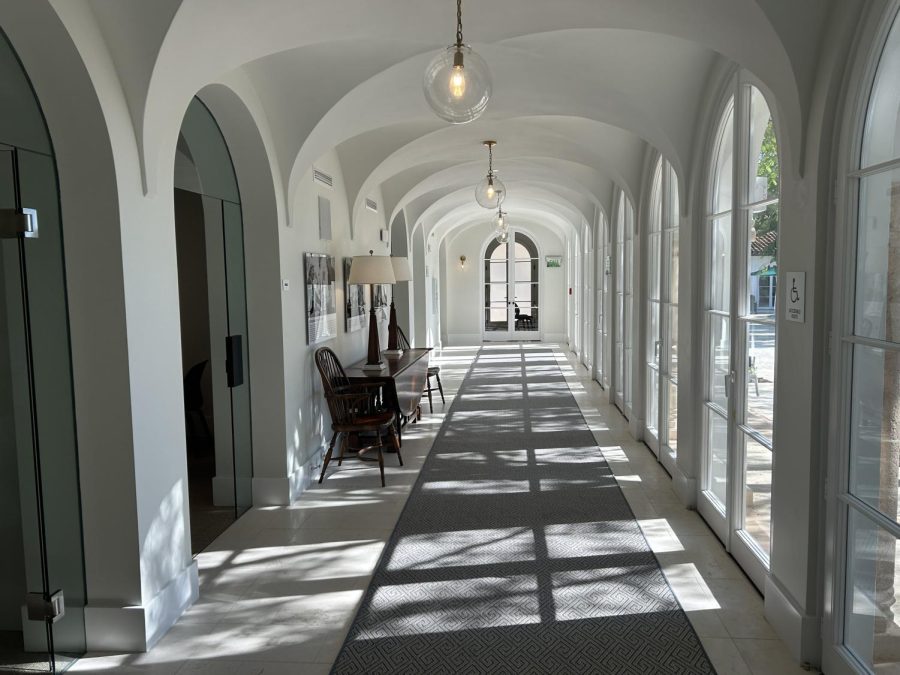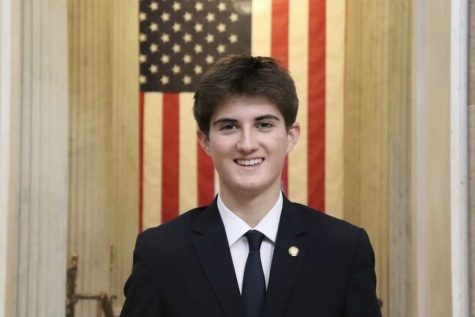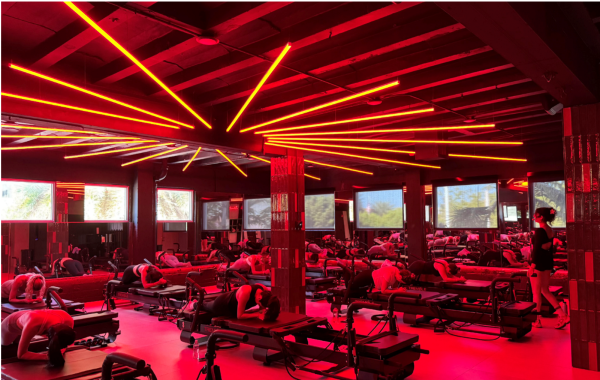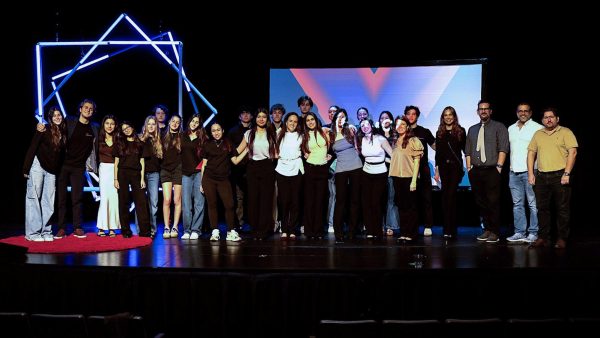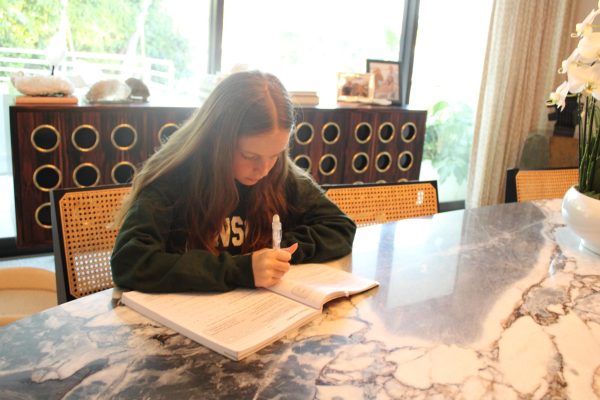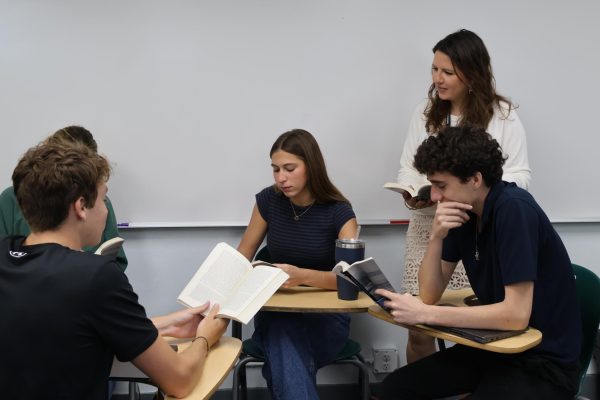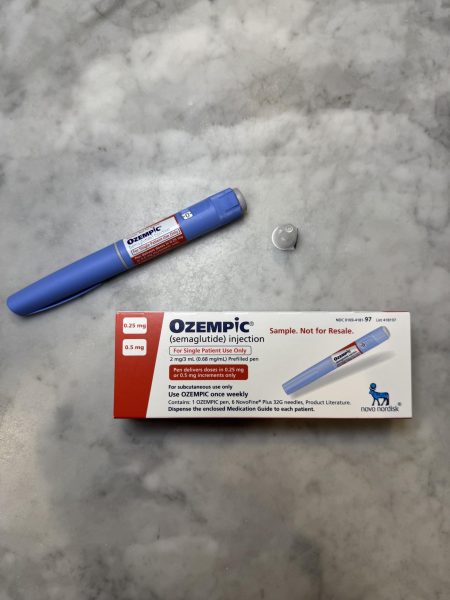Selecting RE’s Students
How Ransom Everglades crafts its student body
After nearly a decade of working out of a cottage tucked away in a corner of Ransom Everglades’ Middle School, Amy Sayfie Zichella ’93, RE’s Director of Admissions, beamed as she showed off the Admissions Department’s new location: the former dining room of the stately La Brisa mansion.
In an acquisition that totaled $34.6 million, Ransom Everglades purchased the building in 2016 and repurposed it as office space for its expanding operations. RE’s Admissions Department relocated to the sprawling residence last year as a part of this expansion. Even with this high-profile move, Ransom Everglades’ admissions process remains a seldom-discussed topic on campus, often foggy in the memories of students who went through it several years ago. Regardless of its relatively low profile, however, Admissions has made structural changes in recent years that have shifted the way Ransom Everglades crafts its student body.
Prospective students and their families begin the RE admissions process by “inquiring,” or expressing interest in applying to the school. Then, Mrs. Zichella said, “people typically attend events… [such as] community events, open houses, [and] tours.” The Admissions Department often goes out into the Miami-Dade community for these events, hosting panels and speaking at community organizations such as the Boys & Girls Clubs of America.
After these preliminary proceedings, students apply. For prospective middle schoolers, the application consists of “mostly demographic information” and “a few parent questionnaires,” according to Mrs. Zichella. Those questionnaires are three 250-word prompts, in which parents answer, “How would you characterize the applicant,” “Why do you think Ransom Everglades School would be a good fit for the applicant and for your family,” and “What extra-curricular activities does the applicant participate in at his/her school and outside of school?”
For upper school hopefuls, the application features these same core requirements and an added applicant statement, in which students are offered a choice between two 200-word prompts. In the 2021 admissions cycle, prompt one asked students how they would become involved at RE and contribute to our school’s community. Prompt two asked students to “describe an engaging topic, idea, or concept of personal importance” to them.
Upon completion of this section, applicants register for standardized testing. Historically, Ransom Everglades exclusively offered the Secondary School Admission Test, or SSAT, which tests students on mathematics, reading comprehension, and vocabulary. This application cycle, in a bid to “increase access for students,” Interim Head of School Rachel Rodriguez said, RE began offering the Independent School Entrance Examination, or ISEE. Unlike the SSAT, which offers one test regardless of the student’s age, the ISEE is a grade-level test, meaning that it varies in difficulty depending on the student’s grade level.
After students submit their standardized testing, they meet with an admissions representative for an interview. Interviewers ask questions like, “who’s your role model,” “what’s a current event you’re interested in right now,” or “what are some extra-curriculars you’re involved in?” According to Mrs. Zichella, RE’s approach to the interview is “friendly and focused on getting a sense of the student’s personality and potential to contribute to the school.” The Admissions Department “[tries] to make students feel as at home as possible during the interview process,” she said.
For Maya Gould ’23, who applied as an incoming senior during the 2021-2022 school year, this approach was a positive highlight of the entire process. “I connected well with my interviewer,” she said. “She was actually, genuinely trying to understand why I wanted to come, and how I would be additive to the Ransom Everglades community… It felt more like a conversation that I was having with a friend about experiences I was having in my life than like I was being interrogated.”
Nica Rosenberg ’28, who applied as a fifth grader in 2020, also appreciated RE’s philosophy on interviews. “[My interviewer] was super sweet, super welcoming… I felt very happy with that. It was really nice,” she said.
Immediately after this interview, applicants complete handwritten short-answer questions. With this segment, the Admissions Department intends to capture the student’s skill in on-the-fly writing and critical thinking.
Admissions officers also talk privately with the applicant’s parents. This portion helps the school gauge how involved applicants’ parents will be in the school. As Mrs. Rodriguez put it, “we’re looking for community-oriented families, families that will stay involved with our school.”
After the student and their family complete these steps, the Admissions Office reviews their file. RE employs a committee-based selection process, and that committee operates on a set of largely shared philosophies on admissions that the school has retained for decades.
Mrs. Zichella, one of the most prominent figures in the process, lays out the committee’s main priority: intellectual vitality, but also a focus on the student. “The student has to be academically ready for Ransom Everglades,” she noted, “but we also want to know more about them as a human being… what they can contribute to our community from a positive perspective.” Mrs. Rodriguez echoed that sentiment, asserting that RE students are “academicians first,” but also that “evaluating the whole child” is important.
Another major objective for RE is ensuring parent contribution and involvement. On its website, the school notes that “siblings of current students and children of alumni and legacy families who have sustained a relationship with the school since graduating will be given preference when all other factors are equal.” Highlighting the importance of this practice, Mrs. Rodriguez asserted that “[In admissions], we support the families who have honored us. That’s only fair… We want to uplift families that are involved in the school.”
Although these core philosophies have largely remained static over the years, RE Admissions has embarked upon a series of new initiatives in recent years that have transformed what the school looks for when crafting its student body.
The last few decades have been marked by a push towards a more comprehensive approach to admissions, mirroring larger trends in education. “20, 30 years ago, [admissions] only looked at grades and scores,” Mrs. Zichella said. “Now we’re more focused on getting to know [the student] as a human being: what their character is, what their passion is, their whole child experience, what they can contribute to our community… We really are looking for richer, more holistic information about who they are.”
Over the past five years, the Admissions Department has complemented this holistic approach with an invigorated push to be a school that represents the diversity of the community surrounding it. Judge Wendell Graham ’74, RE’s Director of Diversity and Community Engagement since 2021, noted that “we want to get that same top-flight student from diverse communities that are not well-represented at the school yet.” Mrs. Zichella said that “equal access is really important to us.” That push for diversity also extends beyond racial, cultural, and socioeconomic representation. “When we look at diversity, we want diversity in every way you can think of,” Mrs. Rodriguez said. “We want racial diversity, we want gender diversity, we want thought diversity, we want diversity of interests… We want to fill the school to be a community school.”
RE has taken concrete steps to achieve this objective. The creation of the Director of Diversity and Community Engagement position in the 2018-2019 academic year was one such step. Among other initiatives, the Director’s duty includes promoting a multicultural student body. Under RE’s first Director, Mrs. Carla Hill, the Admissions Department “put together what they called a ‘community-based’ project,” Judge Graham said. “They’ve gone to community organizations in minority neighborhoods… and asked the people there to bring us [students] who they know are capable of doing the work here and prospering.” While the school does not use affirmative action in admissions, Judge Graham argues that this strategy works to expand minority access in a similar way.
The push for equal access includes efforts toward making the school’s $49,250 tuition affordable for working and middle-class students. “We have an extremely generous financial aid program,” Mrs. Zichella said. “We offer over seven million dollars a year in financial aid, and it’s need-based… There are schools that offer merit scholarships. We do not at Ransom Everglades. We’re of the belief that we want to use financial aid to help students who would otherwise not be able to attend.” According to the school ranking website Niche, 19% of RE students receive financial aid. The average aid package is $34,200.
When asked to assess the success of these new initiatives and the admissions process in general, administrators responded confidently. Regarding efforts to expand access to the school, Judge Graham said that “I’m really proud of the work we’ve done… We’re seeing a 33% increase in applications. That’s pretty significant statistically.” Mrs. Zichella, an alum of RE as well as a former teacher and current parent, emphasized that she’s “very proud to serve [in Admissions].”
Gould gave a positive assessment of the process overall, noting that “it went well for me.”
Rosenberg also approved of the admissions system. “There was nothing I didn’t like… It was very easy and laid out for me. There was nothing confusing in any way,” she said. “It was really good.”


